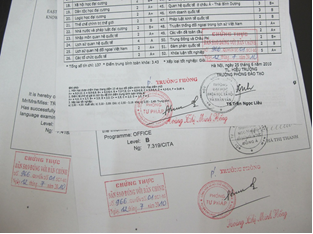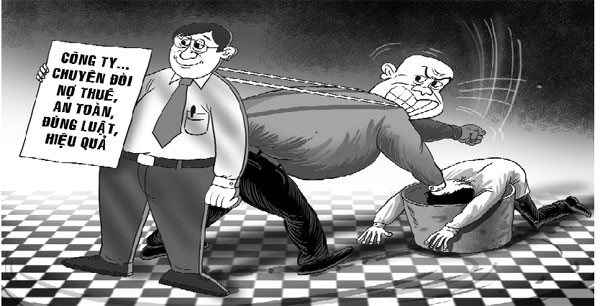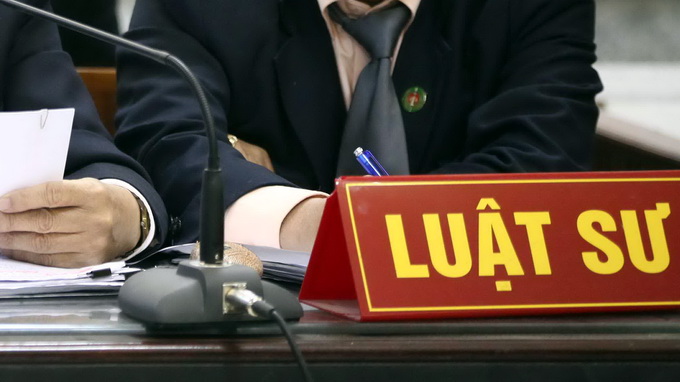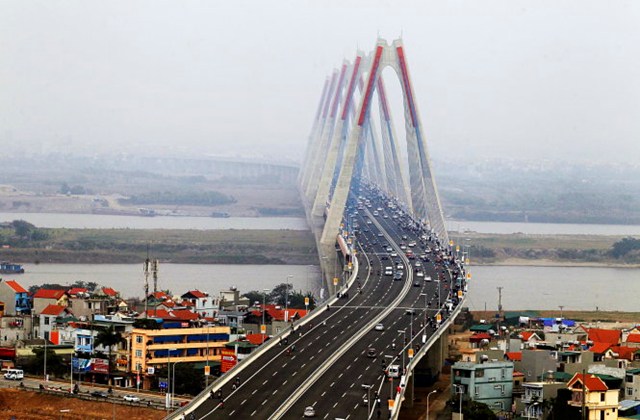In criminal proceedings, when the adjudicating agency makes certain mistakes causing damages, it is responsible for compensating the aggrieved party. Joint Circular No. 01/2016/TTLT-VKSNDTC-TANDTC-BCA-BTP-BQP-BTC-BNN&PTNT (referred to as Circular 01) amends and supplements several provisions concerning the state's compensation responsibility.
Circular 01 amending and supplementing certain provisions regarding detained persons and representatives handling compensation claims
When is a detained person eligible for compensation?
Circular 01 identifies two reasons, which are also conditions, under which a detained person is eligible for compensation. A detained person with a judgment or decision from a competent authority in criminal procedure activities that determines they did not commit a criminal act will be compensated by the State when a decision from the authority or individual with jurisdiction in criminal procedure activities either cancels the detention order, terminates the investigation, dismisses the case, or the Court declares the accused not guilty for one of the following reasons:
- The detained person did not commit the criminal act;- The statute of limitations for the investigation has expired, and it cannot be proven that the accused committed the crime.
Representative handling compensation is a judicial officer
The representative handling the compensation claim is a judicial officer, including investigators, prosecutors, and judges, holding the following positions:
- Head or Deputy Head of the Investigative Agency; Chief Prosecutor, Deputy Chief Prosecutor of the Procuracy; Chief Justice, Deputy Chief Justice of the Court at district and provincial levels;- Chief Prosecutor, Deputy Chief Prosecutor of the High People's Procuracy; Chief Justice, Deputy Chief Justice of the High People's Court at higher levels;- At the Central level, the following positions are assigned:
- Head or Deputy Head of the Investigative Agency; department head or deputy department head of the agency;- Leaders at the departmental level of the Supreme People's Procuracy, Deputy Chief Prosecutor of the Central Military Procuracy;- Leaders at the departmental level of the Supreme People's Court, Deputy Chief Justice of the Central Military Court.
Restoring honor for the victim
The individual directly responsible for delivering the apology and public correction is the representative of the agency liable for compensation. The public correction must:
- Include full participation of representatives from judicial agencies involved in resolving the case;- Be conducted seriously and solemnly;- Ensure that the representative handling the compensation allows sufficient time for the aggrieved person or their representative to make statements accepting the apology and public correction.
Notifying the time and place for delivering the apology and public correction
The location for the apology and public correction is at the residence or workplace of the aggrieved person, even if the aggrieved person has passed away.
The agency responsible for compensation must invite and notify the time and place to the agency where the aggrieved person worked, the local government where the aggrieved person resided, and the political-social organization of which the aggrieved person was a member so that these agencies and organizations can send representatives to attend.
Joint Circular 01/2016/TTLT-VKSNDTC-TANDTC-BCA-BTP-BQP-BTC-BNN&PTNT is effective from August 3, 2016, amending Joint Circular 05/2012/TTLT-VKSNDTC-TANDTC-BCA-BTP-BQP-BTC-BNN&PTNT.
 Article table of contents
Article table of contents








